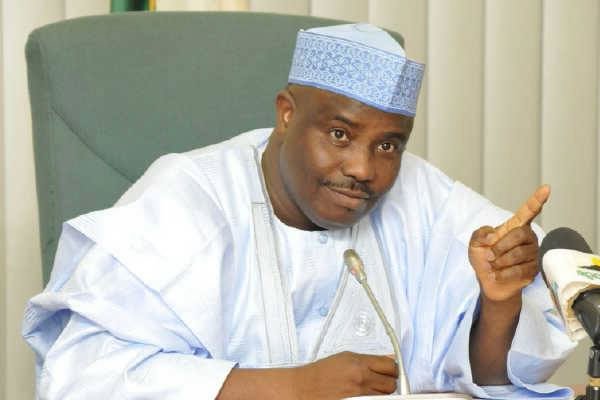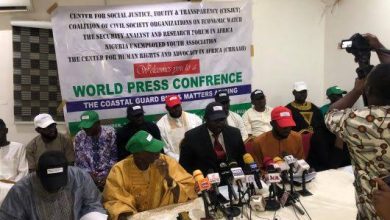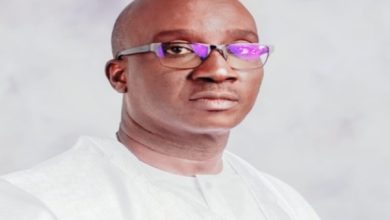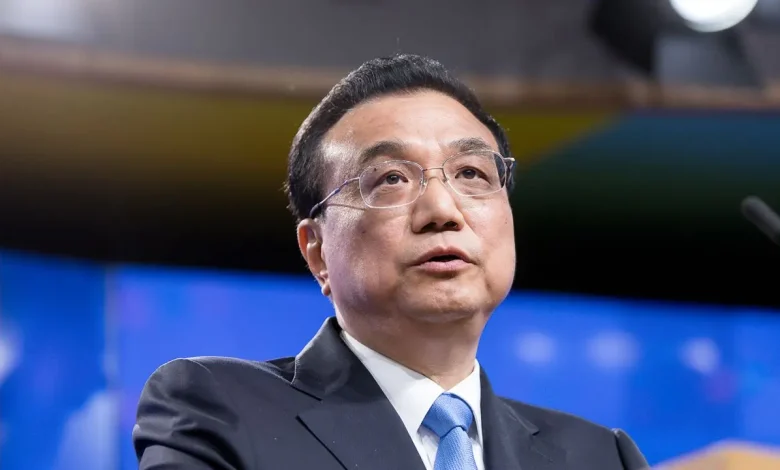
Former Chinese premier Li Keqiang, a reform-minded bureaucrat once tipped as the country’s future leader only to be eclipsed by President Xi Jinping, died Friday. He was 68.
He had a heart attack on Thursday and passed away in Shanghai just after midnight, state-run news agency Xinhua said.
China’s foreign ministry said it “deeply” mourned Li’s “tragic passing”.
“An obituary will be published soon,” ministry spokesperson Mao Ning said.
During his 10-year tenure as premier under Xi, Li cultivated an image as a more modern official compared to his stiffer colleagues.
A career bureaucrat who spoke fluent English, he voiced support for economic reforms during his time in office.
Exposed!! Popular Abuja doctor revealed how men can naturally and permanently cure poor erection, quick ejaculation, small and shameful manhood without side effects. Even if you are hypertensive or diabetic . Stop the use of hard drugs for sex!! It kills!
The son of a minor party official in eastern China’s poor Anhui province, Li was sent to the countryside to work as a labourer during the tumultuous Cultural Revolution of 1966 to 1976.
He went on to gain a law degree from Peking University, where classmates say he embraced Western liberal political theory.
But he became more orthodox after joining the ranks of officialdom in the mid-1980s, working as a bureaucrat while his former classmates protested in 1989.
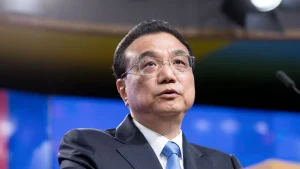
Li rose to become the ruling Communist Party’s top official in Henan province, and in Liaoning in the northeast — both of which saw economic growth.
But his reputation was damaged by his handling of an HIV/AIDS epidemic stemming from a tainted blood donation programme while he was party boss in Henan.
Appointed premier in 2013, his attempts at tackling China’s deep economic challenges were curtailed by the overwhelming authority of Xi, with whom he was once seen as a rival for the country’s leadership.
Praised for helping to steer the country through the global financial crisis relatively unscathed, his time in office saw a shift in power from the more consensus-based rule associated with former leaders to the more concentrated power of Xi.
“People always debated whether (China’s) institutions would… determine the outcomes, as opposed to just raw power,” Victor Shih, an expert on China’s elite politics at the University of California San Diego, told AFP.
“Recent events show that raw power still matters more.”
“It’s very unfortunate that he didn’t have a protege to carry on his policies,” City University of Hong Kong’s Wang Jiangyu said.
The appointment of Xi ally Li Qiang — a former Shanghai party boss — as his successor this year was seen as a sign that his reformist agenda had fallen by the wayside as Beijing tightened its grip over the economy.
But in his final speech as outgoing premier, Li struck a bullish tone, saying China’s economy was “staging a steady recovery and demonstrating vast potential and momentum for further growth”.


